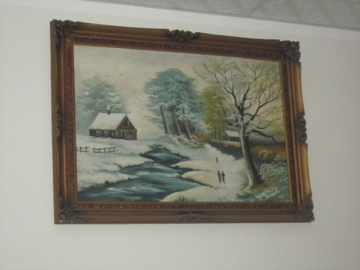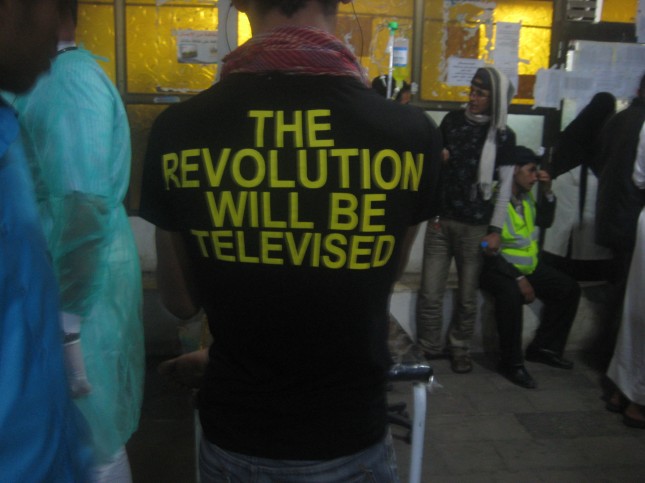There are plenty of American Journalists living in and writing about the Arab World; for various reasons, there are comparatively few Arab journalists living in and writing about the United States. A year ago, my friend Khalid Abdulhadi traveled to the United States in a trip organized by the State Department’s International Visitors Program. Here the English version of an article he wrote for al-Masdar; original Arabic article can be read here.
America is split, tightening its belt
There will be no better ideal opportunity to see Americans normally behave than to visit a bustling city, such as San Francisco, which I actually did late last October. At that particular time, the US presidential campaign was nearing its climax just one week ahead of Election Day, as the San Francisco Giants team won the World baseball championship, which was coupled with the advent of the Halloween festival.
The US, which is the world’s economic superpower, receives its visitors with an official caution and yawning atmosphere as if it acquiesced to economic concerns after it had renounced its costly pride.
Washington Dulles airport , which receives the bulk of travelers coming to the US capital through Europe, features America’ fear of any visiting foreigner. Visitors usually stand in long lines, waiting for drastic security checks and/ or huge police dogs appallingly and zealously scrutinizing all new comers in what can be described as the most noticeable psychological legacy from the 9/11 terrorist attacks. Autumn has strewn about cherry leaves along Washington pavements surrounded by landmarks tinged with French taste and Greek-like design. A combination of scenes spurs visitors to think that the superpower that grapples with an economic crisis is to going to see another autumn visiting exhausted empires.
Furthermore, myriad renovations are simply and austerely carried out on Washington streets and buildings as the Japanese and European-made vehicles dominate vehicle lines in all US cities. It is here in America that gleaners of paradoxes can pinpoint many signs of austerity in the largest country of Capitalism and the guardian of its values.
Though the third debate that took place on October 23 between the Democratic presidential candidate, Barack Obama, and his Republican challenger, Mitt Romney, was allocated for the discussion of the US foreign policy, both nominees tended a little bit to deliberate upon economic issues that have been of key concern for Americans since the global economic crisis erupted.
“One of the challenges that have faced us over the recent years in the countries we governed (Iraq and Afghanistan) is that we tried to build up such countries while neglecting our economy, education and energy. We cannot give lessons to the world without applying same in our country,” said Obama.
Responding to Romney, who pushed for an increase in defense spending, and criticized his rival’s military policies by accusing him of stinting military spending and of weakening the US influence across the world, Obama said, “The world needs a strong America. therefore, it is important to rebuild America. My plan is this: let us first bring industrial jobs into our country. This is actually what I have done when I subsidized automakers. We should also do our best to create job opportunities for tomorrow , mainly in the field of energy”.

